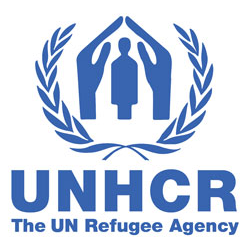Main Debates
- Should refugees enjoy the rights of citizens?
- Do international human rights instruments provide sufficient protection for refugees in host countries?
Main Points
- The correlation between the refugee’s attachment to the country and the extent of rights
- Significance and definition of lawful stay in host country
- Refugee specific standards v. universal human rights standards
Readings
Core
- G. Goodwin-Gill and J. McAdam, The Refugee in International Law, 3rd edn, (Oxford: Oxford University Press, 2007), pp. 524–527. [G. Goodwin-Gill, The Refugee in International Law (Oxford: Oxford University Press, 1996), pp. 307–315].
- J. Hathaway, The Rights of Refugees under International Law (Cambridge: Cambridge University, 2005), pp. 156–160, 730–739, 786–828, 905–912.
- A. Edwards, ‘Human Rights, Refugees, and the Right “To Enjoy” Asylum’, International Journal of Refugee Law, vol. 17, no. 2 (2005), pp. 293–330.
Extended
- J. Field, ‘Bridging the Gap Between Refugee Rights and Reality: a Proposal for Developing International Duties in the Refugee Context’, International Journal of Refugee Law, vol. 22, no. 4 (2010), pp. 512–557.
- Collinson, S., Darcy, J., Waddell, N., Schmidt, A. ‘Realising Protection. The Uncertain Benefits of Civilian, Refugee and IDP Status’, Humanitarian Policy Group & Overseas Development Institute (ODI), 28 September 2009.
Editor’s Note
Those persons with refugee status generally have legal rights as great or greater than many other non-citizens who are lawfully present in the host state.




